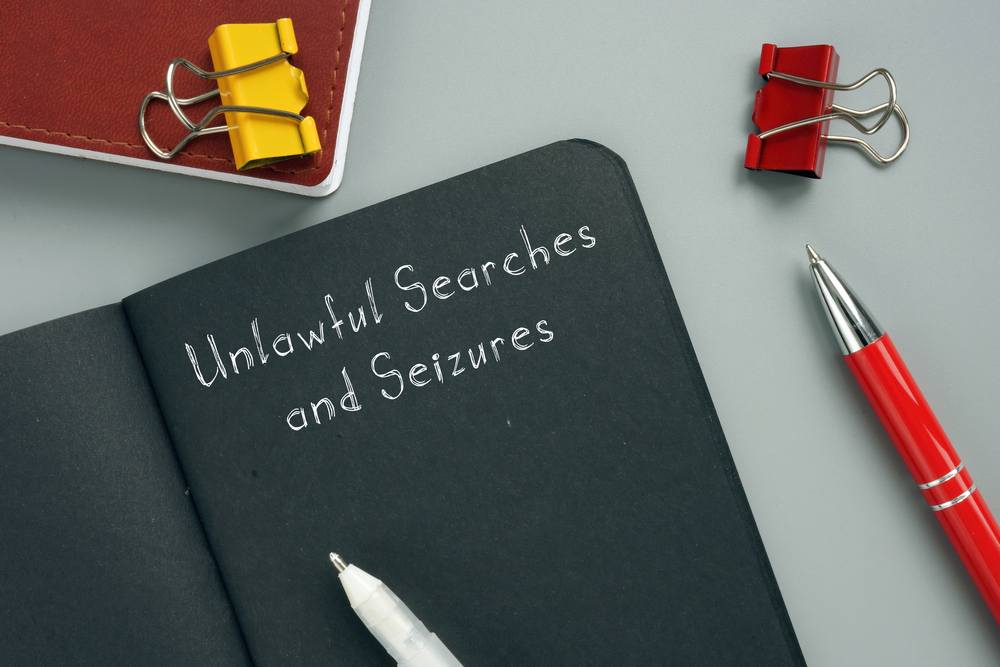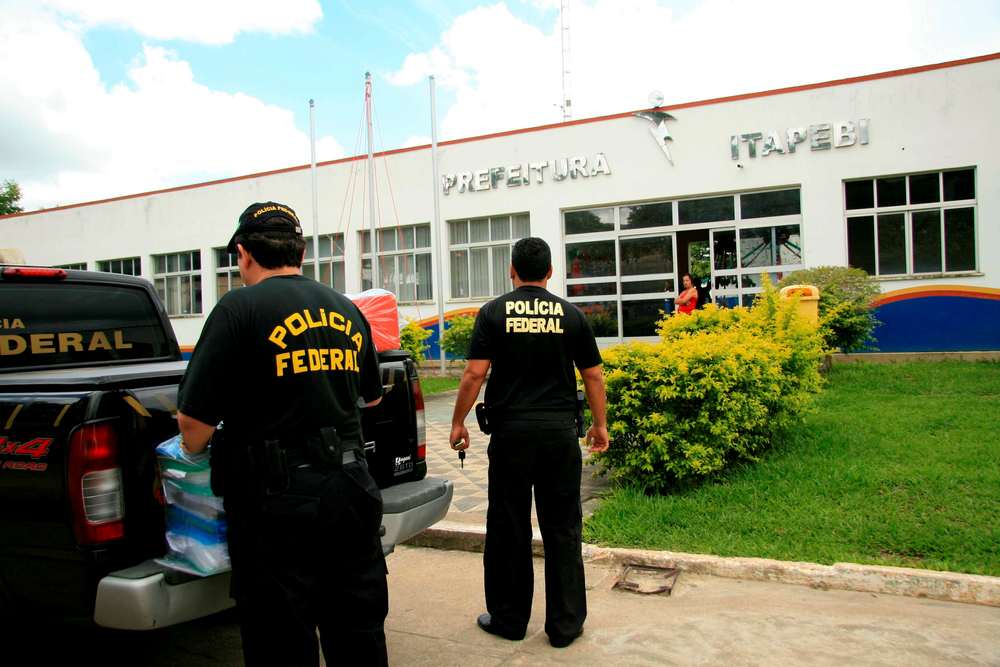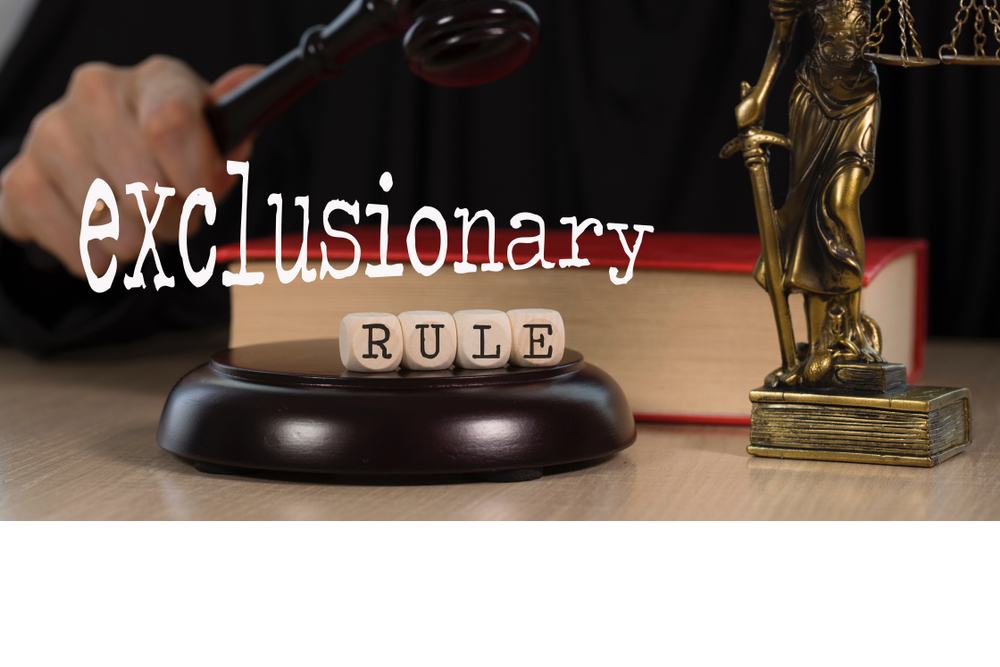As part of the Bill of Rights, American citizens are protected from unreasonable searches and unlawful seizures. While this portion is straightforward, the laws surrounding search and seizure can be complex, and many assumptions are not accurate. When law enforcement misuses these processes, it can be enough to have a case thrown out or significant evidence deemed inadmissible. In any case where search or seizure becomes relevant, it is critical to have a skilled
federal criminal defense attorney on your team to help you determine if all laws and guidelines were followed.


